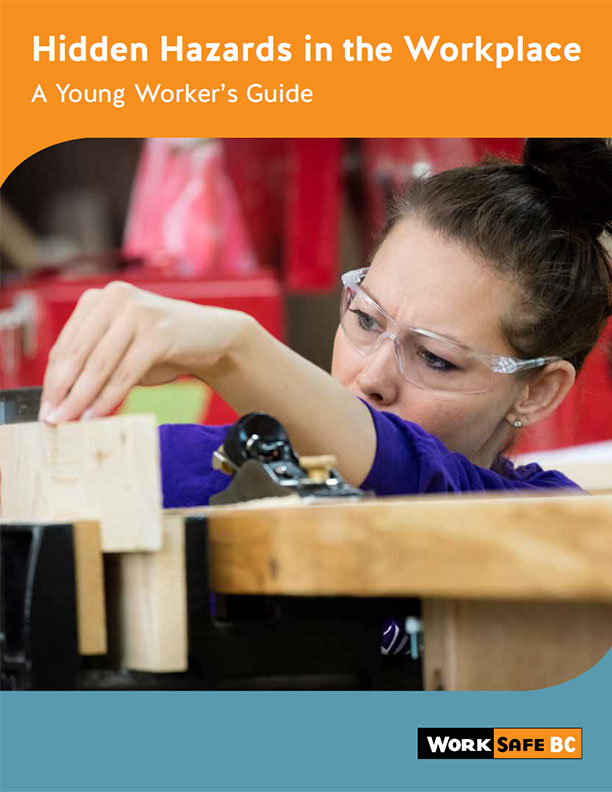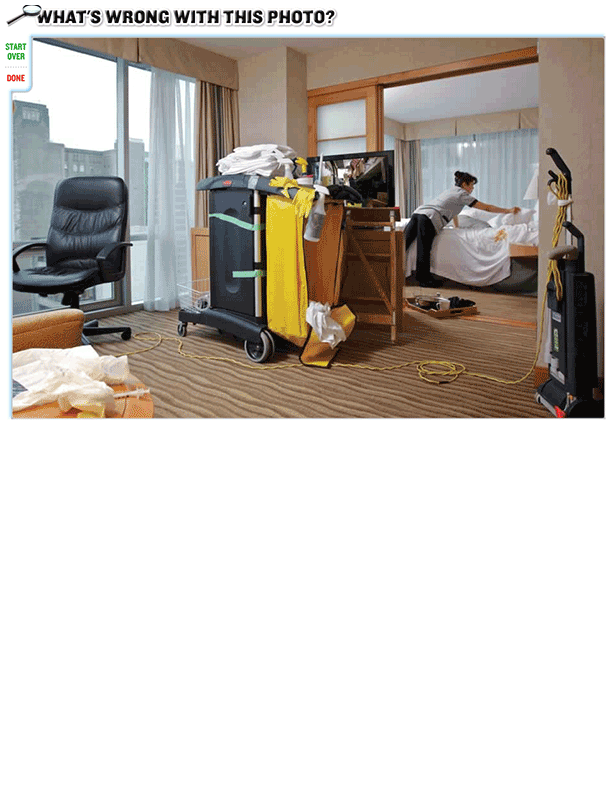March 28, 2023
Before assigning a worker to work alone or in isolation, you must identify, eliminate and control hazards. You must also develop and implement a procedure for checking the well-being of any worker assigned to work alone or in isolation. The frequency of checks will depend on the hazards and risks identified.Some examples of tourism and hospitality occupations that may involve working alone or in isolation include:
- Cleaning staff
- Maintenance staff and custodians
- Snow groomers
- Taxi drivers
- Security guards
- Hotel receptionists
- Workers in cold rooms or freezers
Additional requirements apply for workers who work alone during late-night hours or in late-night retail premises. Late-night hours are defined as the hours between 11 pm and 6 am. A late-night retail premise is defined as a retail location that is open to the public during these hours. For this group, you must develop and implement a written procedure for handling money safely and train workers in the procedures.
During late-night shifts, you must also do one or more of the following:
- Ensure that the worker is physically separated from the public by a locked door or barrier that prevents physical contact with or access to the worker.
- Assign one or more workers to work with the worker during that worker’s assignment.
- Implement a violence prevention program.
Examples of late-night retail premises include:
- Self-serve restaurants, coffee shops, and fast-food outlets
- Private liquor stores
- Pubs and bars
- Pool halls and bowling alleys
Late-night retail premises do not include:
- Taxi cabs or limousines
- Hotel check-in desks
- Street vendors (food or merchandise)
Information provided by Ryan Anderson, an employment lawyer with Mathews Dinsdale & Clark LLP. The information provided in this article is necessarily of a general nature and must not be regarded as legal advice. For more information about Mathews Dinsdale & Clark LLP, please visit mathewsdinsdale.com.
For more information:
- Working Alone Regulations (go2HR)
- Safe Work Procedures for Staff Working Alone (go2HR)
- Working Alone: A Handbook for Small Business (WorkSafeBC)
- Occupational Health and Safety Regulation, sections 4.20.1 to 4.23, Working Alone or In Isolation (WorkSafeBC)
This article may not be republished without the express permission of the copyright owner identified in the article.
Return to top


